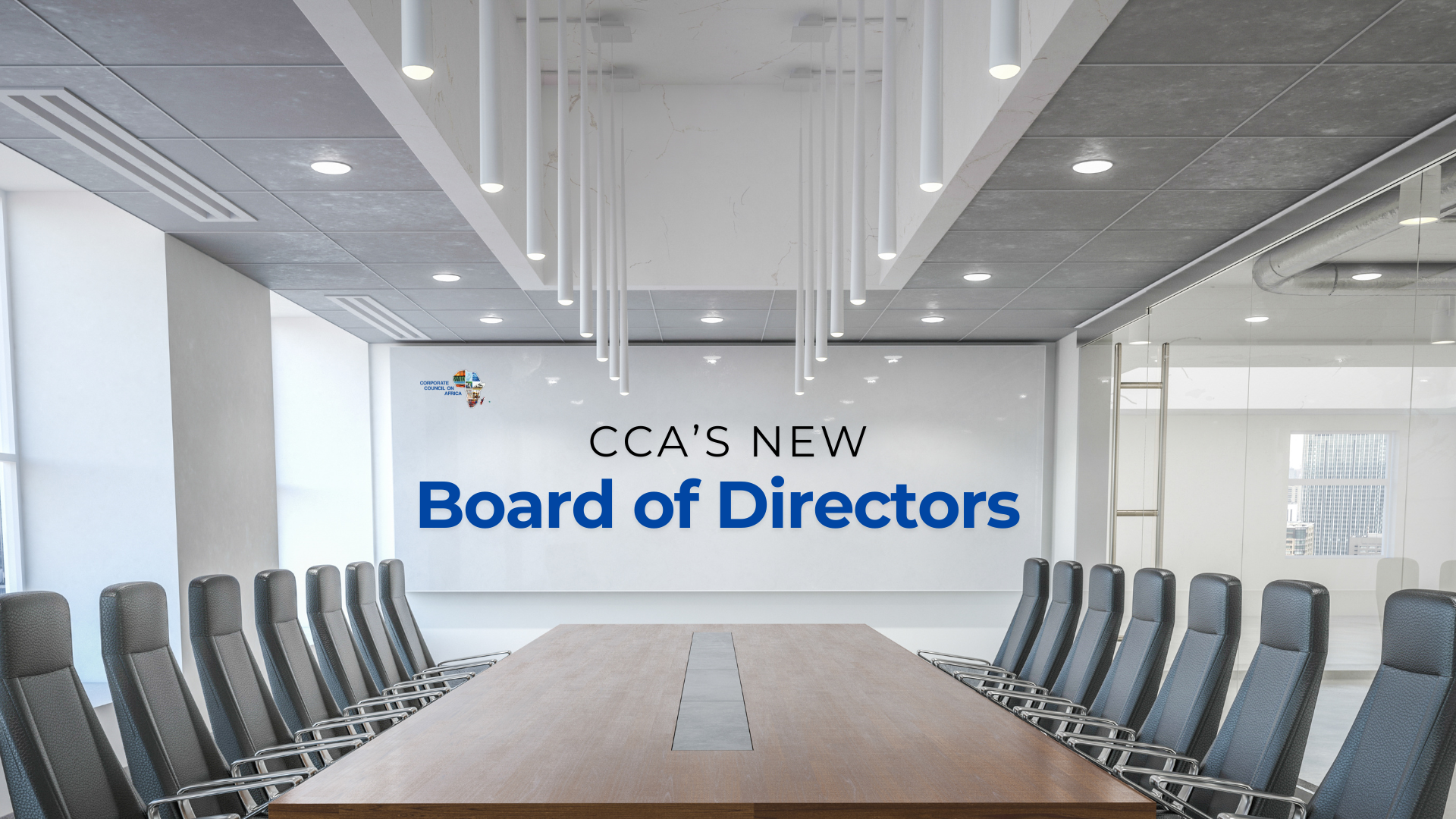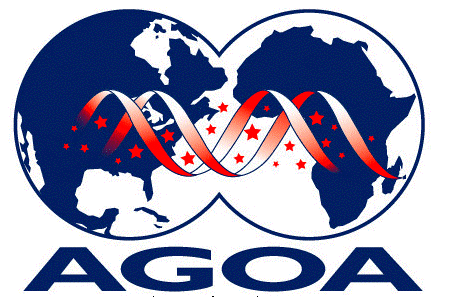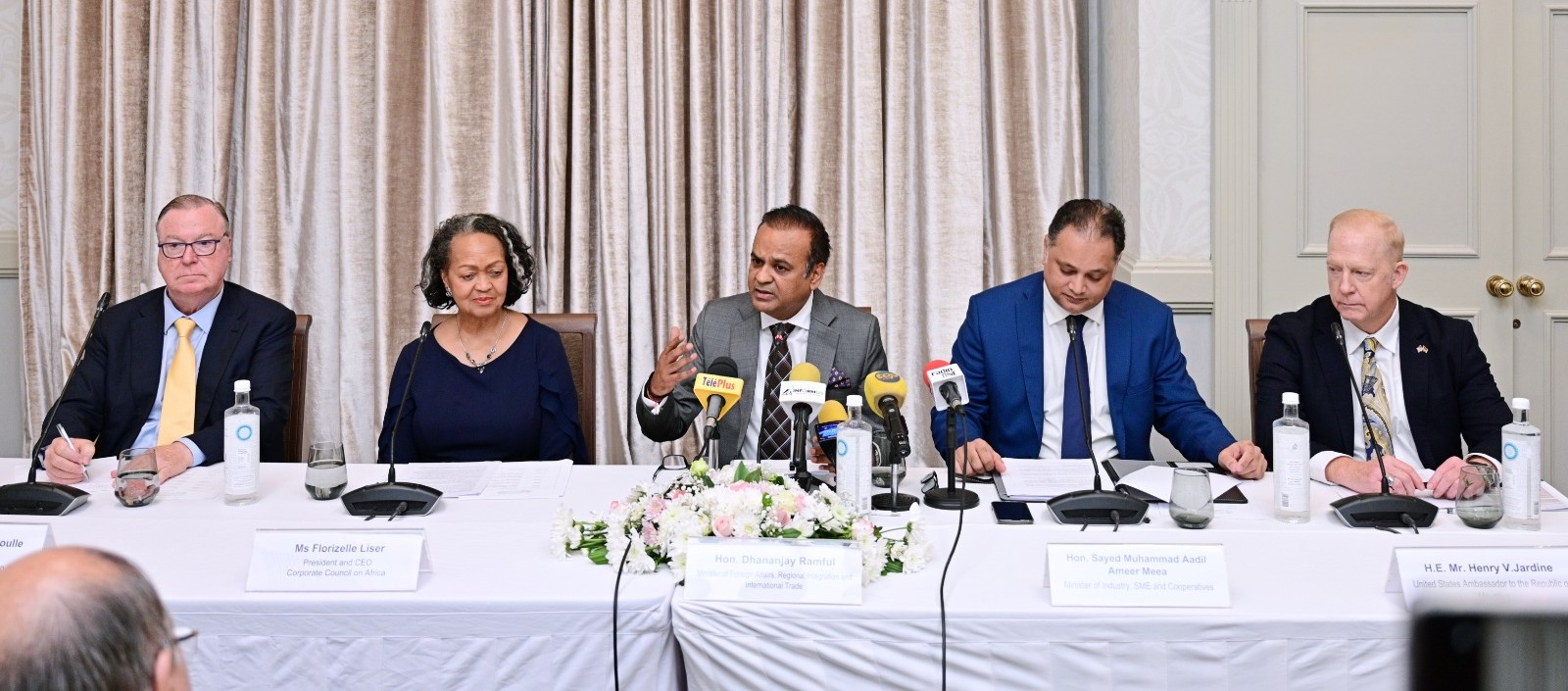Leveraging Public-Private Partnerships for Vaccine Acquisition and Delivery in Africa - Session 1
On Tuesday, April 13, 2021, Corporate Council on Africa (CCA) hosted the first session in a two-part webinar series on Leveraging Public-Private Partnerships for Vaccine Acquisition and Delivery in Africa. This series showcased key vaccine financing schemes on the continent as well as technologies and leading solutions that the U.S. and African public and private sectors can launch to facilitate an efficient delivery and inoculation of vaccine doses on the continent.The first session, titled “Innovative Financing-Moving the Needle,” focused on howgovernments and the private sector can work cooperatively to fill vaccine financing and procurement needs across Africa. The session began with a conversation moderated by Riva Levinson between Dr. Sabin Nsanzimana, John Finnigan, Natalie Africa, Marie Ange Saraka-Yao, and Dr. Farley Cleghorn.The event kicked off with opening remarks by CCA President and CEO, Florizelle Liser, who stated, “This Forum comes at a critical time in Africa’s fight against COVID-19.” Africa is currently struggling to find ways to acquire sufficient vaccines at an affordable price. Drawing on two of its platforms- the Africa Finance Forum and the U.S.-Africa Health Security and Resilience Initiative, CCA is working to convene key stakeholders to discuss collaboration on vaccine delivery in Africa.Riva Levinson began the moderated discussion by noting that although the creation of a COVID vaccine is “nothing short of astounding” the world has reached an inflection point with distributing doses. Riva welcomed the eminent panelists to the Forum who each presented their opening remarks. The panelists all highlighted ways in which the private and public sectors are working to overcome challenges facing vaccine acquisition in Africa. The panelists emphasized the importance of closing the vaccine gap and providing immunizations to everyone around the world, not just those in wealthy countries.Dr. Sabin Nsanzimana discussed at length the steps Rwanda is taking to reach its goal of vaccinating twenty percent of its population. Rwanda has been engaging its public health facilities and private sector vaccine sites to collaborate on distributing vaccines to the population. Dr. Nsanzimana also talked about the importance of technology for health IT systems in keeping track of who vaccines are distributed to. Having a strong data collection system will allow governments across Africa to keep track of who becomes vaccinated and when they need potential future shots. John Finnigan spoke about the different ways Citi is mitigating risk-sharing for financing the vaccine. He also talked about current projects Citi is working on to increase access and ensure equitable distribution of vaccines.Riva turned to Marie Ange Saraka-Yao and Natalie Africa to offer their views on the limitations and challenges of public-private partnerships and how they can become more effective in facilitating vaccine distribution. Natalie Africa remarked how the scarce supply of vaccines in Africa has prohibited the private sector from joining the market. The unpredictability of supply and the recent rise of new cases and COVID variants has also deterred the private sector from becoming more involved. She noted that one way to resolve this is for the private sector to support the vaccine market by providing funds to the government. Ms. Saraka-Yao talked about how the best way forward will be through finding a balance between creating a market in low to middle-income countries and incentivizing demand in that market. Upfront financing and the flexibility of the public-private sector will create the most opportunities in the future. Marie Ange concluded by stating, “Vaccines will not deliver themselves. Vaccines are not vaccinations and the private sector can really be at the forefront of vaccinations.”The Forum ended with the panelists each providing their recommendations on what should be done within the public-private sector to close the vaccine gap in the future. Dr. Cleghorn remarked that the major problem right now is with production, and to resolve this the public-private sector should start looking to fund Africa’s healthcare system as a whole and build it up. Mr. Finnigan noted that the top priority should be focusing on expanding the donor base and providing funding to Africa’s healthcare systems. Natalie Africa’s suggestion for closing the vaccine gap is to focus on creating sustainable solutions for production and manufacturing that will allow Africa to be more prepared in the future. Ms. Saraka-Yao ended the final conversation by advising public-private partnerships to work on the short term, expanding the donor base, and the medium term, boosting production.Riva closed out the Forum by focusing on private sector takeaways from the conversation between the panelists. One of the main takeaways was focusing on allowing guidelines for the public-private sector to collaborate with the government in terms of private sector partnerships that help expand the delivery of vaccines. Riva ended the Forum on an optimistic note about the future of delivering vaccines across Africa and at an affordable price.The CCALeveraging Public-Private Partnership for Vaccine Acquisition and Delivery in Africawas generously sponsored by Citi.



